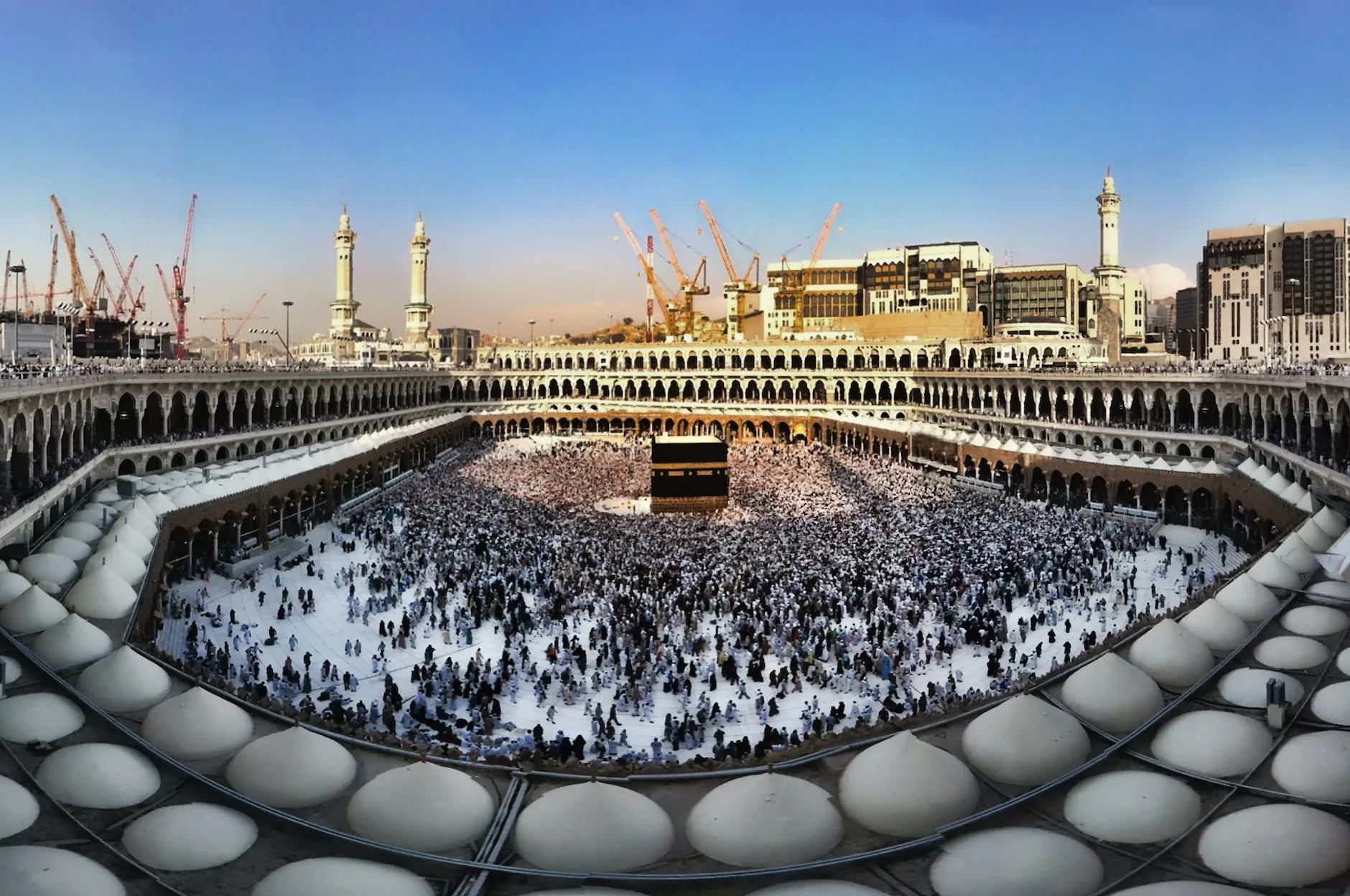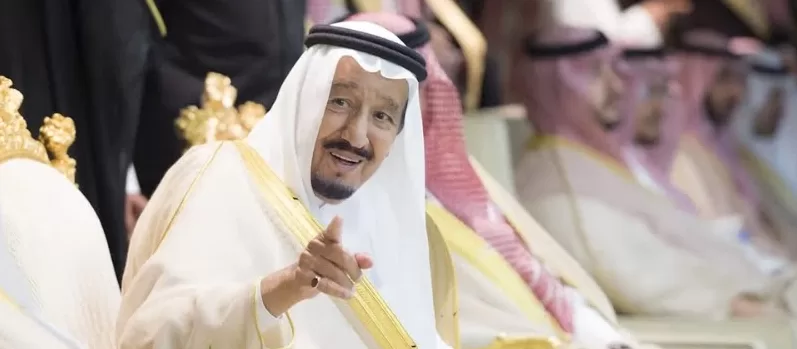Cultural Diversity in Hajj and Umrah: A Global Gathering of Faith
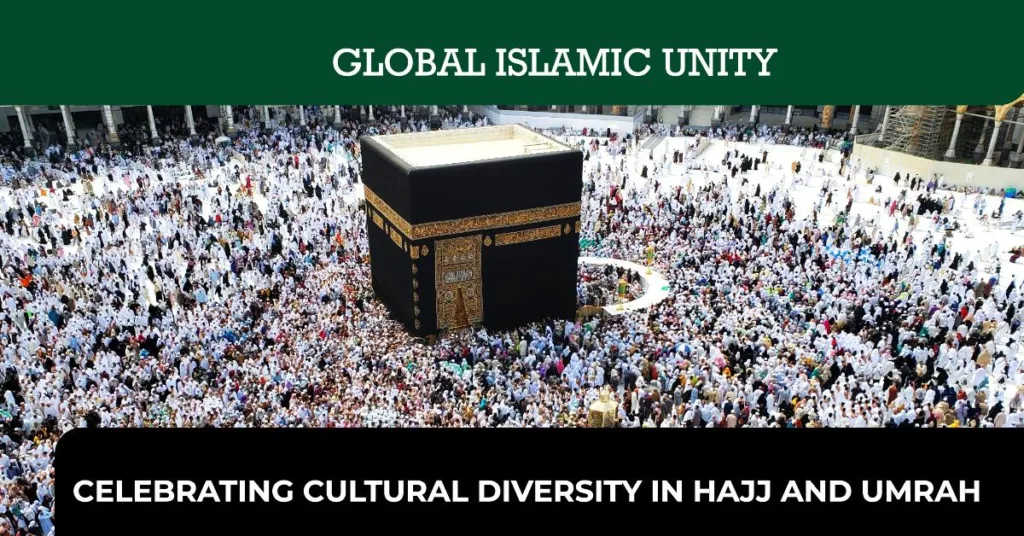
Introduction
Hajj and Umrah are not just religious obligations for Muslims; they are profound spiritual journeys that bring together millions of believers from every corner of the globe. These pilgrimages to the holy city of Mecca are unique in their ability to unite Muslims from diverse cultural backgrounds, creating a vibrant tapestry of global Islamic unity.
A Melting Pot of Cultures
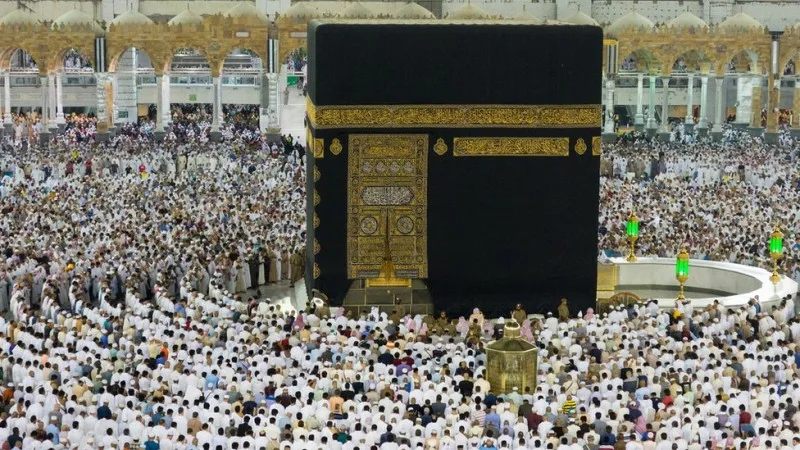
During Hajj and Umrah, the streets of Mecca transform into a melting pot of cultures. Pilgrims from Asia, Africa, Europe, the Americas, and the Middle East converge, each bringing their unique traditions, languages, and customs. This cultural diversity is evident in the variety of traditional attire, languages spoken, and even the different styles of performing rituals.
Shared Rituals, Shared Faith
Despite the cultural differences, the rituals of Hajj and Umrah are performed uniformly by all pilgrims. The act of wearing the Ihram, performing Tawaf around the Kaaba, and the Sa’i between Safa and Marwah are done in unison, symbolizing the equality and unity of all Muslims before Allah. This shared experience fosters a sense of brotherhood and solidarity among the pilgrims.
Historical Examples of Unity During Hajj
1. The Farewell Pilgrimage of Prophet Muhammad (632 CE)
One of the most significant examples of unity during Hajj is the Farewell Pilgrimage of Prophet Muhammad in 632 CE. During this pilgrimage, the Prophet delivered his famous Farewell Sermon on the plains of Arafat, emphasizing the equality of all Muslims regardless of their race, color, or social status. He stated, “All mankind is from Adam and Eve. An Arab has no superiority over a non-Arab, nor does a non-Arab have any superiority over an Arab; a white has no superiority over a black, nor does a black have any superiority over a white; none have superiority over another except by piety and good action.” This sermon underscored the unity and brotherhood of the Muslim Ummah.
2. The Hajj of 1975
In 1975, during a particularly challenging Hajj season due to overcrowding, pilgrims from various countries came together to assist each other. Despite language barriers and cultural differences, they shared food, water, and medical supplies, demonstrating the spirit of unity and mutual support that Hajj fosters.
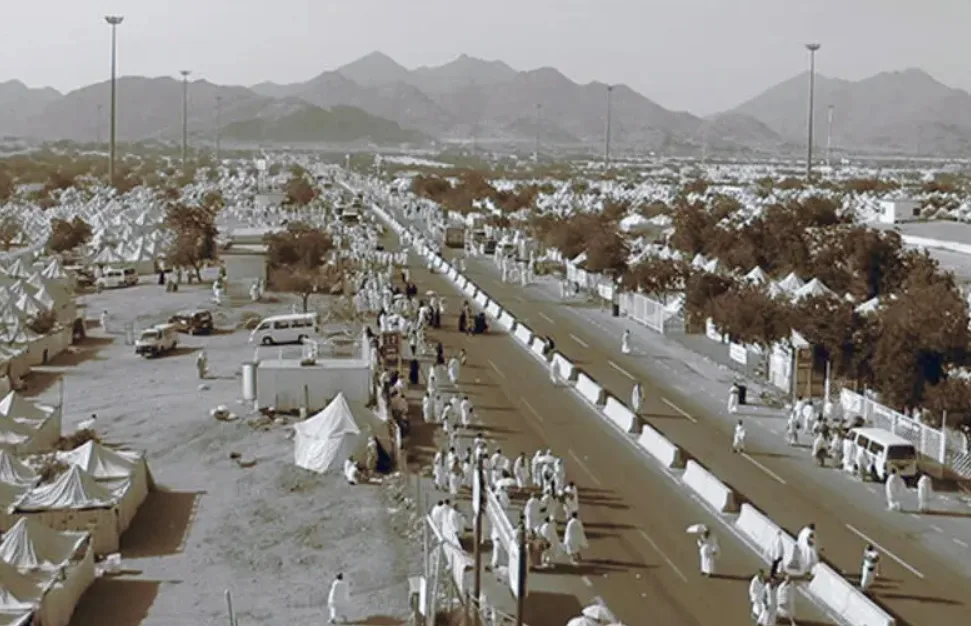
3. The Hajj of 1987
The Hajj of 1987 is remembered for the tragic clashes that occurred, but it also highlighted the resilience and unity of the Muslim community. In the aftermath, pilgrims from different nations worked together to help the injured and ensure the safety of others. This event showcased the solidarity and compassion that Hajj inspires among Muslims.
4. The Hajj of 2012
During the Hajj of 2012, pilgrims from over 190 countries gathered in Mecca. Despite the vast cultural diversity, the pilgrims performed the rituals in harmony, sharing their experiences and learning from one another. This Hajj was a testament to the unifying power of the pilgrimage, as millions of Muslims stood together in prayer and devotion.
Women’s Participation in Hajj
Historical Context
Historically, women have always been an integral part of the Hajj pilgrimage. However, their participation has evolved over time, especially with changing social norms and regulations. Traditionally, women were required to be accompanied by a male guardian (mahram) during Hajj. This rule was based on interpretations of Islamic teachings aimed at ensuring their safety and well-being.
Recent Changes
In recent years, significant changes have been made to facilitate women’s participation in Hajj. In 2021, Saudi Arabia lifted the requirement for women to have a male guardian for Hajj, allowing them to perform the pilgrimage independently or in groups of other women. This change has been part of broader social reforms aimed at enhancing women’s rights and freedoms in the kingdom.
Experiences of Female Pilgrims
The experiences of female pilgrims during Hajj are diverse and enriching. Many women describe the pilgrimage as a deeply spiritual journey that allows them to connect with their faith on a profound level. The removal of the mahram requirement has enabled more women to fulfill their religious obligations, often leading to a sense of empowerment and independence.
Community and Support
Despite the ability to travel without a male guardian, many women still choose to perform Hajj in groups. These groups often consist of women from the same community or country, providing a support system that helps navigate the challenges of the pilgrimage. This communal aspect enhances the sense of unity and sisterhood among female pilgrims.
Challenges and Triumphs
Women face unique challenges during Hajj, such as managing personal safety and health in crowded conditions. However, the spirit of Hajj encourages mutual support and cooperation, allowing women to overcome these challenges together. The shared experience of performing rituals and prayers fosters a strong sense of solidarity and unity among female pilgrims.
Personal Stories of Women Pilgrims
1. Tumkeen’s Teenage Hajj Journey
Tumkeen, a young teenage girl, embarked on her Hajj journey with her family. She vividly recalls the moment they boarded the plane to Saudi Arabia, dressed in their Ihram attire. The sense of unity and community she felt as everyone on the flight recited the phrases of Hajj together was profound. Tumkeen describes the awe of seeing the Grand Mosque in Mecca for the first time and the deep spiritual connection she felt throughout the pilgrimage.
2. Rina Gaffar’s Memorable Hajj
Rina Gaffar, who performed Hajj at the age of 52, shares her experience of traveling with a physically challenged elderly woman. Despite the challenges, Rina found the journey deeply rewarding. She recalls the powerful moment of walking from Mina to Jamrahtul Aqabah with thousands of other pilgrims, all united in their devotion. A particularly memorable incident was enduring a storm in Mina camp during prayers, which tested their faith and resilience.
3. Iranian Women’s Memoirs
Memoirs of Iranian women travelers to Mecca provide fascinating insights into their spiritual experiences and the difficulties they faced. These women documented their journeys through the Arabian Desert, highlighting the physical and emotional challenges they overcame. Their stories reflect the determination and faith that drive women to undertake the pilgrimage despite the hardships.
4. Overcoming Adversity
Another poignant story comes from a woman who faced significant adversity during her Hajj. She recounted the challenges of performing the stoning ritual at Jamrah, where she was pushed and turned around by the crowd. Despite these difficulties, she persevered, driven by her faith and the support of fellow pilgrims.
Conclusion
Hajj and Umrah are powerful reminders of the unity and diversity within the Islamic faith. They bring together Muslims from all walks of life, creating a unique tapestry of global Islamic unity. Through shared rituals, personal stories, and the support of the Saudi government, these pilgrimages highlight the beauty of cultural diversity and the strength of the global Muslim community.
Also Read : 1. How To Perform Umrah : Easy Guide And Duas 2024
Relevant Quotes
- “And proclaim to humankind the Hajj (pilgrimage). They will come to you on foot and on every lean camel; they will come from every deep and distant (wide) mountain highway (to perform Hajj).” (Quran 22:27)
- “And Hajj (pilgrimage to Makkah) to the House (Ka`bah) is a duty that mankind owes to God, those who can afford the expenses (for one’s conveyance, provision, and residence); and whoever disbelieves then God stands not in need of any of mankind, jinn, and all that exists.” (Quran 3:97)
- “Hajj and Umrah are a journey for seeking forgiveness and attaining peace of mind.” – Prophet Muhammad (SAW)
- “He who performs Hajj and Umrah sincerely will be forgiven all his sins.” – Prophet Muhammad (SAW)
- “In the spirit of Hajj, let us come together in unity, love, and gratitude for the blessings we have. May Allah accept our prayers and grant us all Hajj Mubarak!”
- “May the footsteps taken on the blessed land of Hajj be a stepping stone towards a life filled with righteousness, love, and compassion. Hajj Mubarak to one and all!”

